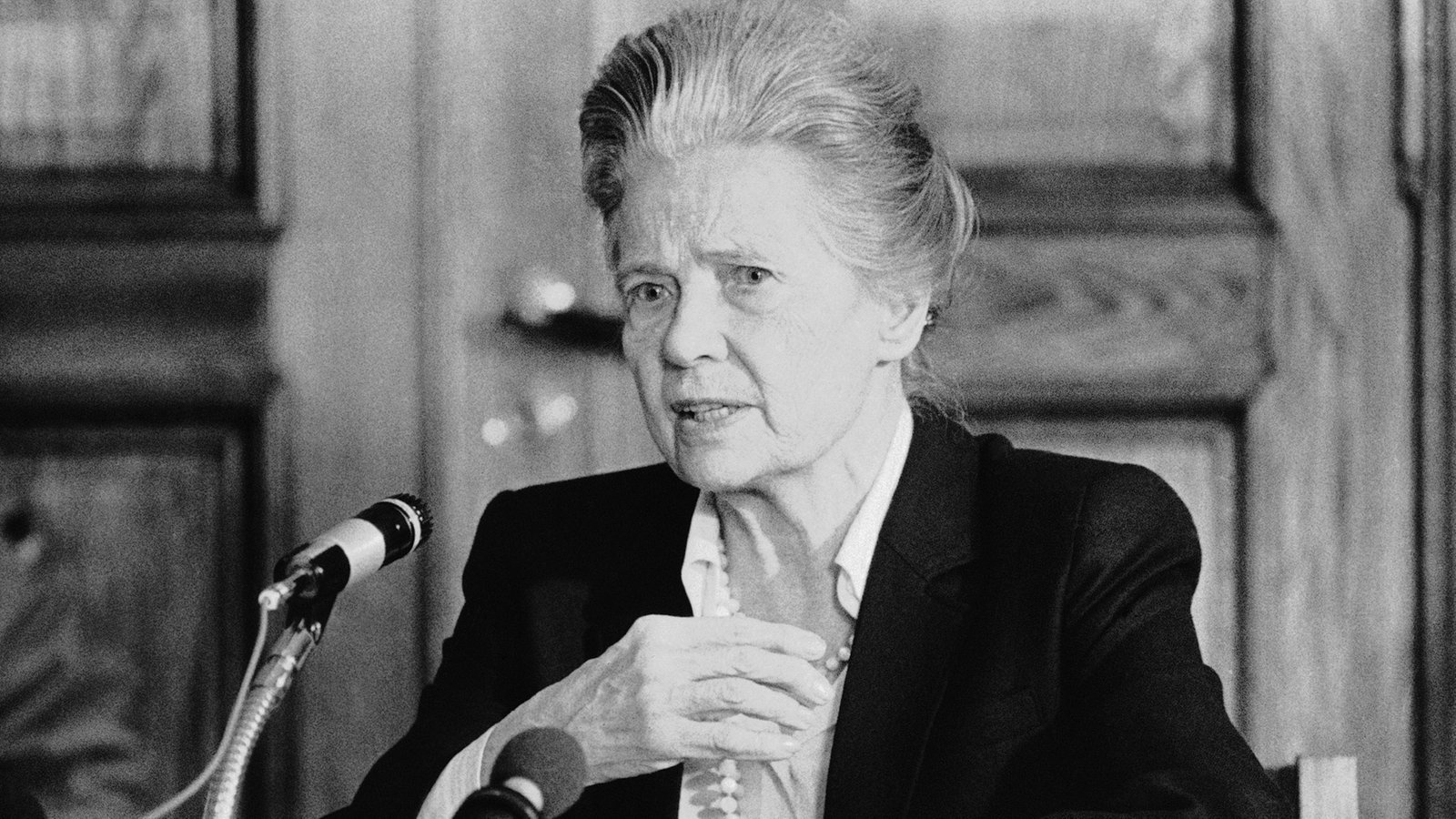Douglass North, an American economist, is renowned for his extensive research on the impact of institutions in shaping economic history. His pioneering work in this field earned him the prestigious Nobel Prize in economics in 1993. North was a prolific writer and authored several seminal works, including “The Economic Growth of the United States from 1790 to 1860” and “Structure and Change in Economic History”.
His research has had a profound impact on our understanding of how institutions shape economic outcomes. He is passed away on November 23, 2015, leaving behind a legacy that continues to inspire generations of scholars. To learn more about Douglass North, continue reading this article on Zatrun.com.
Who is Douglass North?
Douglass North, an eminent economist, was born on November 5, 1920, in Cambridge, Massachusetts. He pursued his academic studies at the University of California at Berkeley, where he earned his bachelor’s degree and Ph.D. During his illustrious career, North held numerous prestigious positions, including a senior fellowship at the Hoover Institution and a stint as a navigator in the U.S. Merchant Marines.

North’s scholarly achievements spanned several decades, during which he served as a professor of economics at the University of Washington from 1950 to 1983. He then joined the faculty of Washington University in St. Louis, where he continued to teach for an additional 28 years.
Throughout his academic career, North made significant contributions to the study of institutions and their role in economic history. His profound insights earned him numerous accolades, including the 1993 Nobel Prize in Economics.
His Ideas and Works in Economics
Douglass North is known for challenging neo-classical economic theories and being one of the founding fathers of new institutional economics. This influential approach extends economics beyond traditional markets and includes societal institutions such as laws, property rights, politics, customs, and belief systems.

North was also a pioneer in the field of cliometrics, which combines economic theory with statistical analysis to examine the process and definition of economic growth. Along with fellow cliometrics pioneer Robert Fogel, North received the Nobel Prize in economics in 1993 for their methods in explaining economic and institutional change and allowing for a reassessment of earlier results.
North’s work led to a shift in the early 1990s from technical economic issues to broader institutional concerns, as reflected in the World Bank’s motto “institutions matter”. He became a sought-after adviser to governments in China, Latin America, and Eastern Europe, particularly in the newly independent former Soviet states in the 1990s.
North’s Legacy
Following his Nobel Prize win, Douglass North founded the International Society for New Institutional Economics, a global organization dedicated to applying the theories he developed. His contributions to new institutional economics and cliometrics have proven invaluable in tackling international economic issues.

North’s work has led to a deeper understanding of the role of institutions in economic development and has influenced economic policy decisions around the world. The Society he established continues to thrive, bringing together scholars and practitioners from diverse fields to promote research and collaboration on institutional economics.












